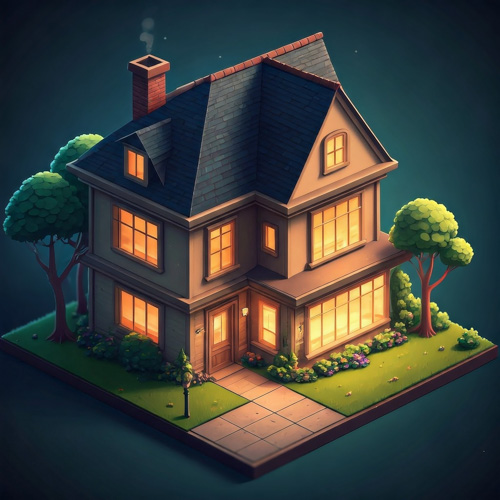May marks Older Americans Month, a time dedicated to celebrating the contributions and experiences of older adults across the nation. This year, as many of us in Generation X begin to seriously consider our own futures and the futures of our parents, the theme of “Aging in Place” resonates particularly strongly. It speaks to a fundamental desire for independence and comfort within our familiar surroundings.
Tacoma/Pierce County Habitat for Humanity offers a powerful example of how this desire can be supported through their Aging in Place and Critical Home Repair program. This initiative isn’t just about fixing leaky faucets; it’s about empowering seniors and disabled veterans in Pierce County to remain safely and independently in their homes and communities.
Practical Support for Lasting Independence
The program provides crucial, on-site services, addressing urgent home repairs and making essential modifications. We’re talking about practical solutions like installing wheelchair ramps, grab bars, and railings. These seemingly simple additions can dramatically improve a home’s accessibility and significantly reduce the risk of accidents, allowing individuals to navigate their living spaces with greater ease and confidence. For many, these repairs mean the difference between staying in a cherished home and being forced to relocate.
As we mature, the thought of leaving a home filled with memories can be daunting. The financial and emotional costs of moving are often substantial. Programs like Habitat’s offer a vital alternative, allowing homeowners to adapt their current residences to meet evolving needs, preserving their independence and connection to their communities.
Eligibility and Partnership
To ensure resources are directed where they’re most needed, the program has clear eligibility criteria. Applicants must be Pierce County residents who own and occupy their homes, be at least 60 years old, or a disabled U.S. military veteran. Additionally, household income must fall below 80% of the Area Median Income.
In alignment with Habitat’s core philosophy, the program also incorporates “sweat equity.” This means recipients are asked to contribute to the work if physically able, and to pay a modest portion (10-30%) of the repair costs, along with a $100 down payment. This collaborative approach fosters a sense of partnership and shared investment in the repair process.
In a time when many are seeking practical solutions for long-term living, the Tacoma/Pierce County Habitat for Humanity’s Aging in Place program offers a valuable blueprint. It addresses the practicalities of home maintenance and modification while upholding the dignity and independence of older adults and veterans. For those of us navigating the considerations of later life, understanding such resources is paramount.
Reference:
Tacoma/Pierce County Habitat for Humanity. (n.d.). It’s Older Americans Month: How Habitat Factors In? Retrieved May 22, 2025, from https://www.tpc-habitat.org/its-older-americans-month-how-habitat-factors-in/?blm_aid=401106









